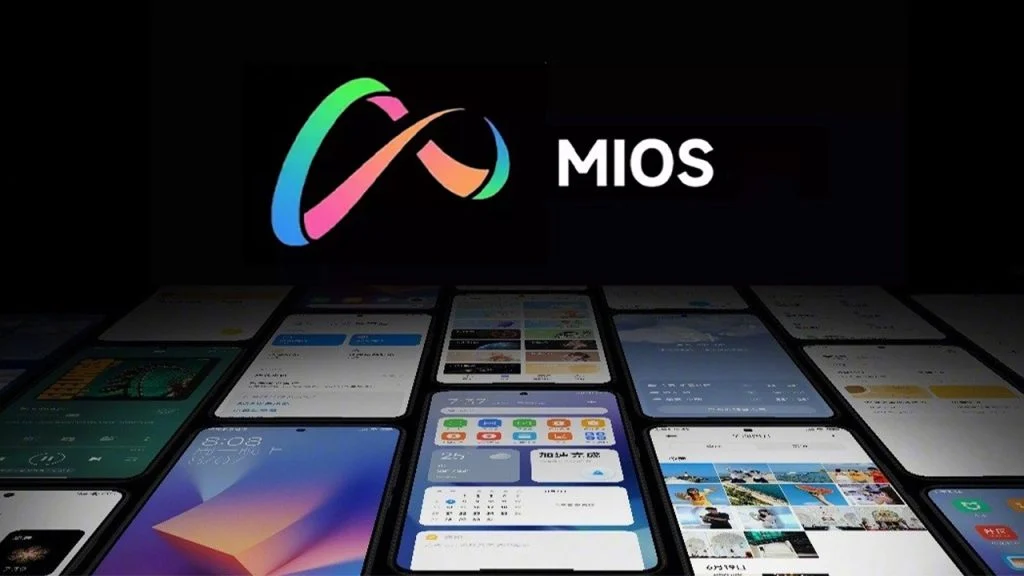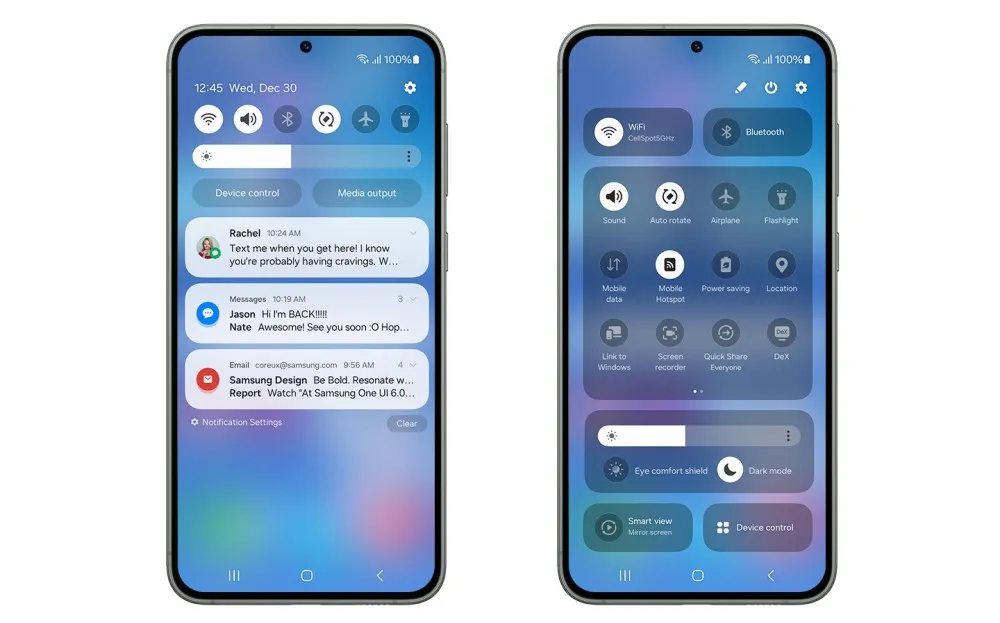The Fairphone 5: A Smartphone with a Weak Battery
The Fairphone 5 smartphone stands out with its easily replaceable 4,200mAh battery. However, the battery's performance has been a major drawback for this model. In the DxOMark battery analysis, the Fairphone 5 failed to impress, revealing that the battery is the weak link of the device. During a two-hour camera usage test, the battery drained completely, emphasizing its limitations.
A Disappointing Battery Performance
Previous reviews have already pointed out the inferiority of the Fairphone 5's battery. The DxOMark battery analysis awarded the mid-range smartphone a score of 83 points, placing it in a disappointing 165th position, just above five other smartphones. The analysis revealed that the smartphone's Qualcomm QCM6490 processor, based on Snapdragon 778G, is inefficient when it comes to power optimization. While the battery lasts only two hours when using the camera, it can manage approximately 5.5 hours of gaming.
Battery Life Under Different Usage Scenarios
The Fairphone 5 does show some improvement in battery life under light loads, such as making calls and streaming music. However, the battery analysis indicates that when using social media apps, the battery life is reduced to around 5 hours. Additionally, GPS navigation further decreases the battery life to four hours. Under medium usage, the Fairphone 5 can last a day. The smartphone can be recharged through USB-C with a maximum output of 30W. However, it takes under 2.5 hours for a full charge, which is considered underwhelming compared to the Samsung Galaxy A54 5G, which can be fully recharged in just 1.67 hours (100 minutes).
Decent Performance Despite Battery Limitations
Despite the Fairphone 5's limited battery life under heavy usage, it still offers decent overall performance. It is a sustainable smartphone that comes with a 5-year warranty and 8 years of software updates. The Fairphone 5 also boasts more recycled elements, a higher degree of modularity, and fairer trade practices compared to its predecessor, the Fairphone 4. These sustainability credentials could significantly drive demand for the product, even with the highlighted poor battery life.
Conclusion
The Fairphone 5 may have a weak battery, but it compensates for this limitation with its sustainable features and longevity. While the battery performance may disappoint some users, those who prioritize eco-friendly practices and long-term software support may still find the Fairphone 5 to be a worthwhile investment.



